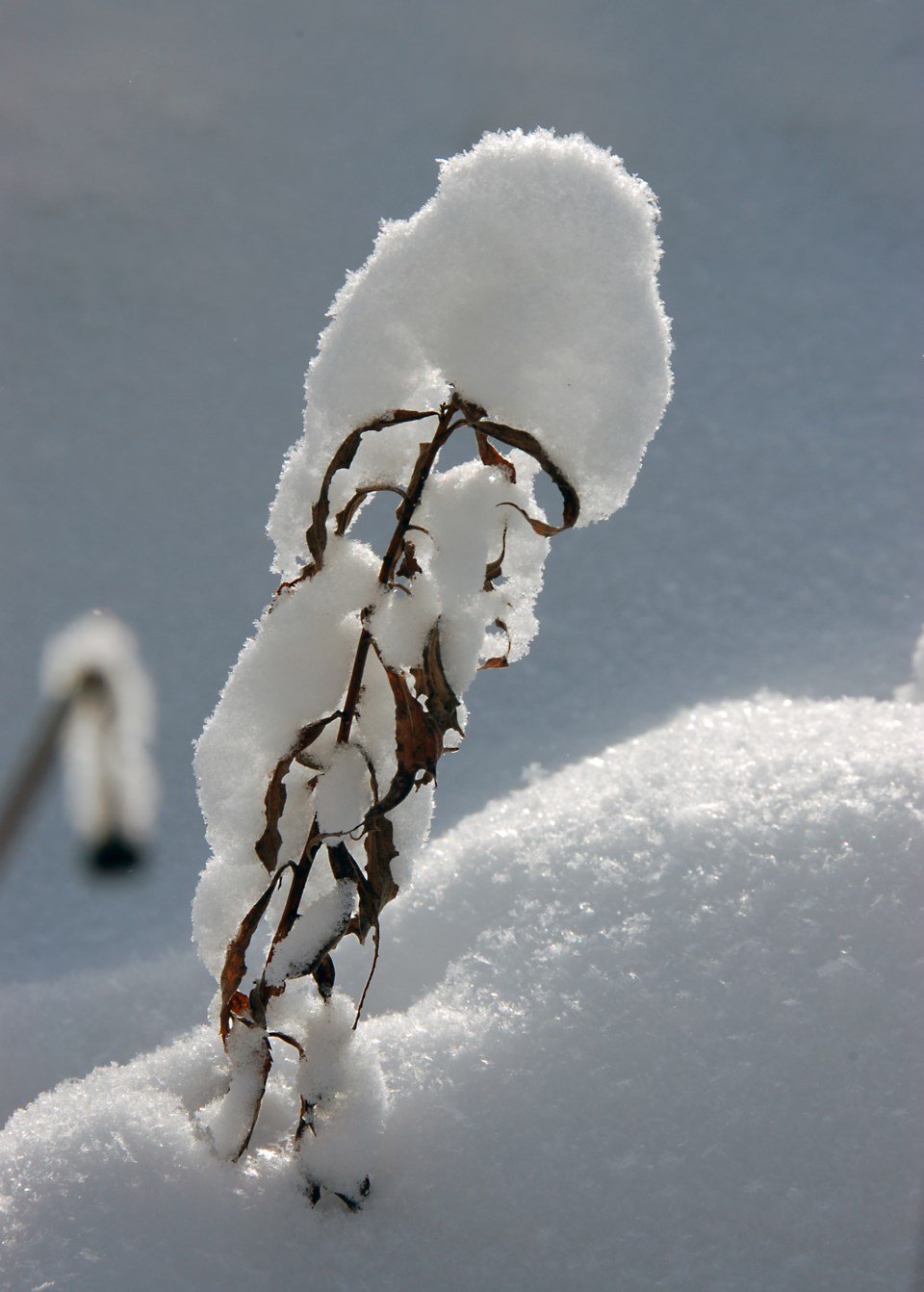While flipping through a Natural History magazine (circa 1995… see, we do so read our magazines) I came to an article written by Stephen Jay Gould of Harvard University, that addresses the ages old question, "What is man, that thou art mindful of him?"
As I’m sure you all know, this quote is from the Eighth Psalm, as King David contemplates why his God should care about a little thing like mankind when so much else has been created by Him. What gets interesting are the responses provided by the great thinkers of their times.
Seneca thought that man is set apart from all other living things as we are "a reasoning animal." Aristotle gave the question some pondering, and came up with "we are a political animal."
A chap named Tertullian decided that mankind was unique because we are "one name belonging to every nation; one soul through many tongues."
My personal favourite from this particular lot of philosophers is the answer provided by Plato, who described man as being "a featherless biped… with broad flat nails." Ya gotta love Plato’s sense of humour.
Gould's article then gave the question his own reply, one that I heartily agreed with, in that human beings are unique for we are storytellers, spinners of tales.
Oh sure, we can reason, but so, too, can ravens, bears and monkeys. And while we tend to be organized in a political fashion, it’s not much different from the social dominance methodology found in wolves or gorillas.
While we are of many tongues with each region developing its own language and dialect to communicate, so too do birds. While Plato's 'featherless biped' is accurate, I throw my support with Gould's more romantic definition that we are storytellers.
No other species on this planet has been able to carry its history from one generation to the next. Perhaps there can be found a genetically implanted flash of recognition for fear or pleasure, but to date there has been no indication that polar bears, raccoons, mice or even gorillas keep records of their past. But we do.
The stories that have been created within every cluster of Homo sapiens are handed down through the generations, perhaps verbally, sometimes written, at other times painted, or even captured in dance. Man is separated from, is different from, all other living things by our ability and driven instinct to tell stories.
This process of bringing history forward isn't perfect, at least from a factual point of view. The teller of the tale will embellish the good parts and gloss over the not so glamorous parts; the next to repeat the story will add or subtract his point of view to the details. History, factual history, becomes distorted rather quickly, but the story lives on.
Today there is ample proof of our desire to not only communicate, but create a record of our presence: e-mail, Facebook, Twitter et al are providing the outlet for this need to tell stories.
The process of 'spreading the word' is quicker, but the steps are the same. An experience happens, the participants tell others of what happened, and if four people were involved in the original experience, four different versions of the story begins. Which version survives to become 'truth' is what lawyers get paid to determine, as lawyers are the those well trained to critique tales.
Marvelous events become miraculous if provided with enough spin and a good storyteller. Back to the popular book that the opening quote came from… perhaps a guy named Jesus was in a fishing boat, and perhaps another passenger did fall overboard, and perhaps this Jesus guy did plunge in and rescue the second man, and did so with such speed that it was "as if he walked on water."
That's a catchy phrase, and I tend to think that the original storyteller used it to add emphasis to the event. The next time it was retold, and the next time, and the next time, that phrase was brought to the forefront and the story was no longer of an amazing rescue at sea, but rather it had evolved to become a tale of a miracle, and the miraculous tale was finally recorded with pen on paper.
And as we all know, once words are committed to paper the words become the truth (or so the story goes).
Yes, we are storytellers. No other critter does it like we do. Our powers of reasoning, our political structures, our common heritage… all play important parts in defining who and what we are as a species.
But, as the old, old, old ancestors once said, when the first snowflake falls, when we gather around the warmth of a comforting fire, the season of storytelling has begun.



